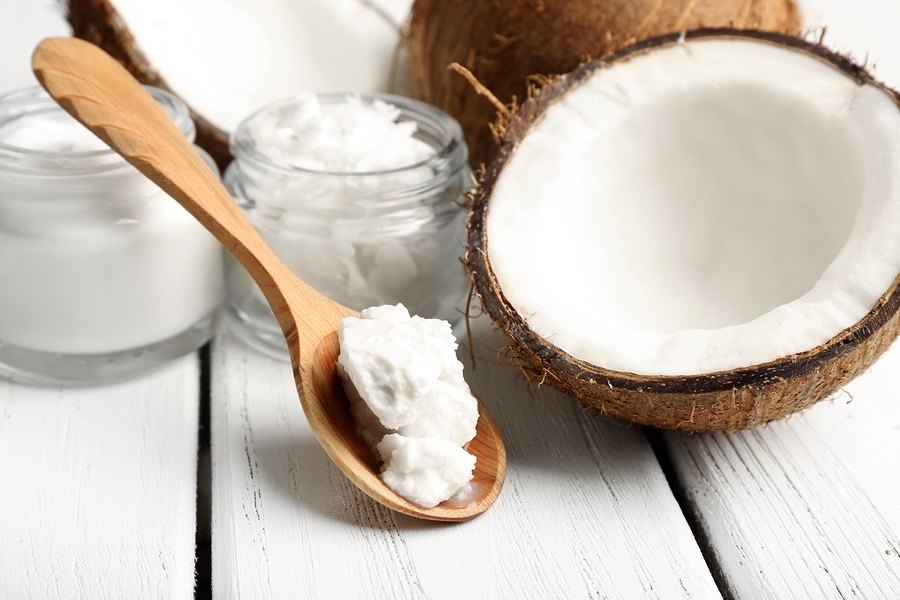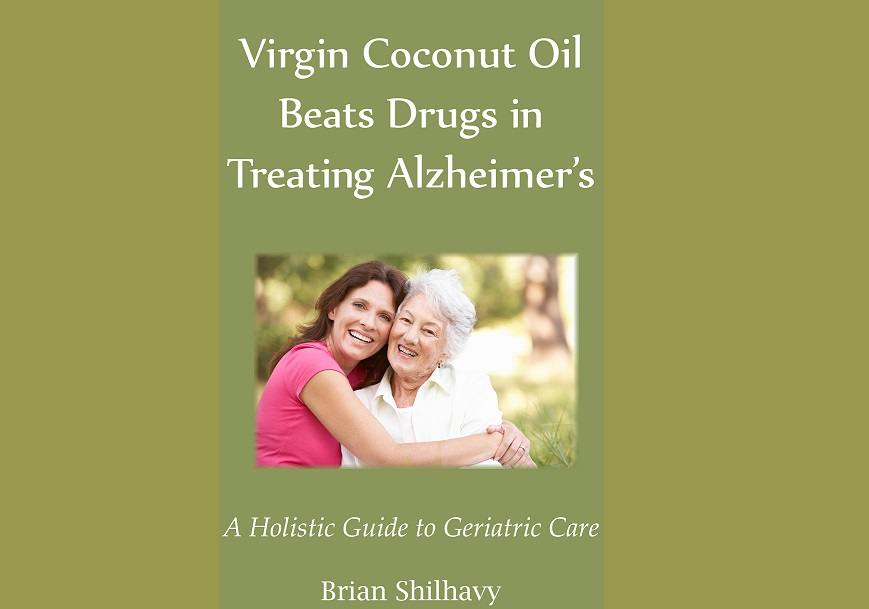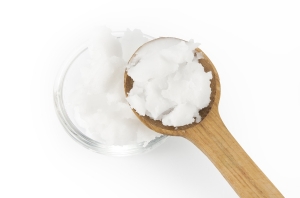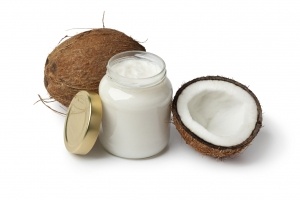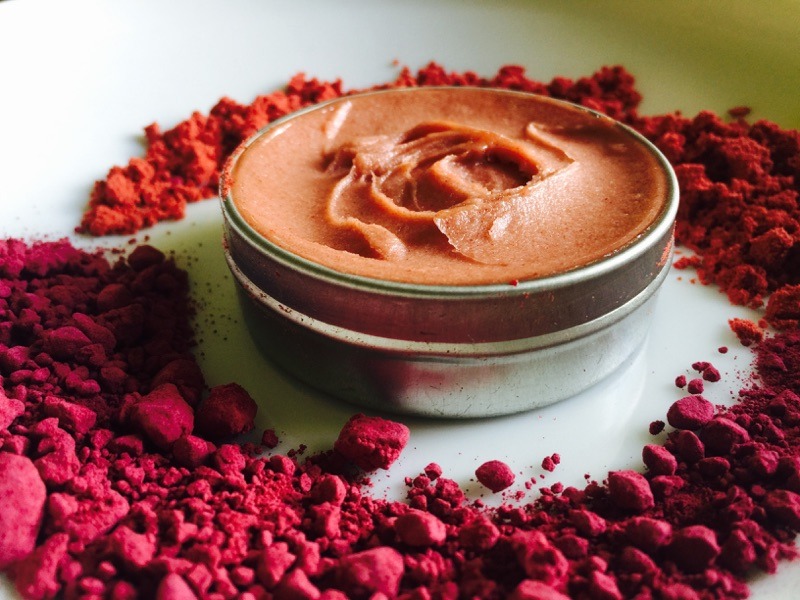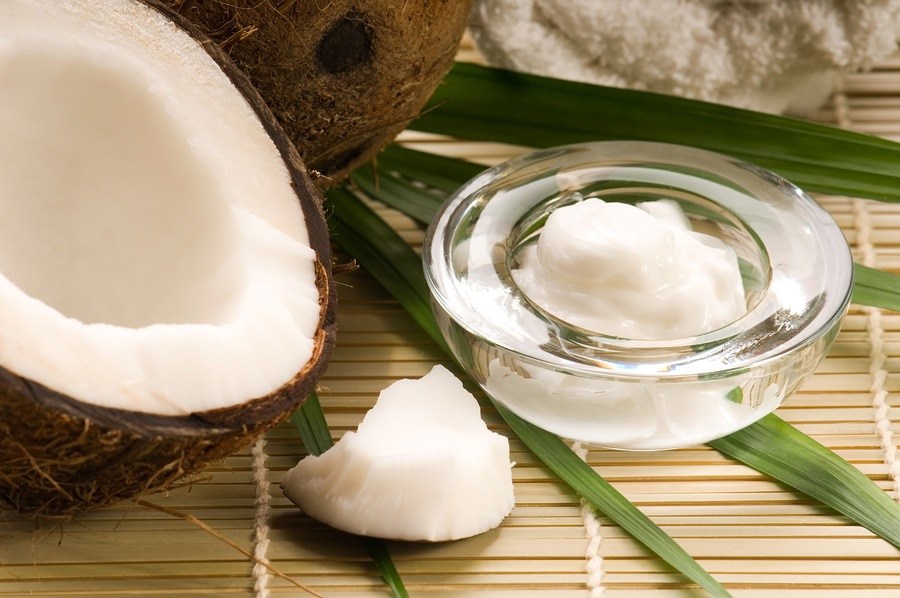Study: Saturated Fats and Coconut Oil Prevent Colon Cancer
A 2016 study published in the American Journal of Physiology challenged a long-held belief that high fat diets contributed to colon cancer. The authors of the study correctly stated that the lipid profile of the fats being consumed is very important to understand: "High-fat-diet (HFD) consumption is associated with colon cancer risk. However, little is known about how the lipid composition of a HFD can influence pro-oncogenic processes." This study out of the University of South Carolina looking at the effects of saturated fats on colon cancer is a very welcome study, and many more similar theories about the "dangers" of high fat diets should be challenged and looked at more carefully, studying the lipid composition of the fats being consumed. The conclusions of their experiments showed that a high fat diet rich in saturated fats, specifically coconut oil, protected against colon cancer.



